The term "bug" often evokes thoughts of bed bugs, yet this group actually includes diverse species with distinct habits and impacts. Here’s an in-depth guide covering 9 common types of bugs, their characteristics, habitats, and significance.
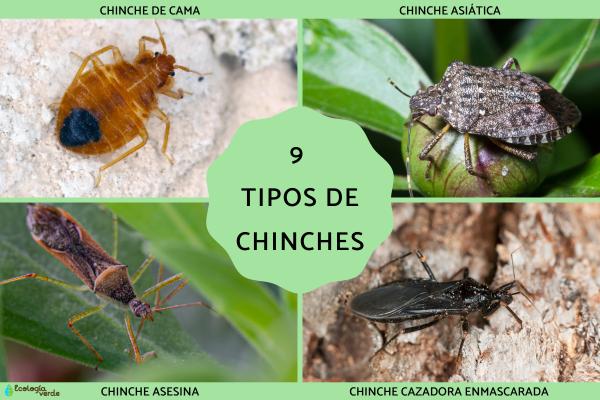
Bed Bug (Cimex lectularius)
Brown Marmorated Stink Bug (Halyomorpha halys)
Green Stink Bug (Nezara viridula)
Harlequin Bug (Murgantia histrionica)
Assassin Bug (Zelus renardii)
Kissing Bug (Triatoma infestans)
Central & South American Kissing Bug (Rhodnius prolixus)
Masked Hunter Bug (Reduvius personatus)
Five-spined Assassin Bug (Acanthaspis quinquespinosa)
Bed bugs measure around 4 mm and are nocturnal blood-suckers, attracted to human warmth and carbon dioxide. They cause itchy, allergic bite reactions but rarely transmit serious diseases. Hotels often see infestations spread through contaminated linens and bedding.
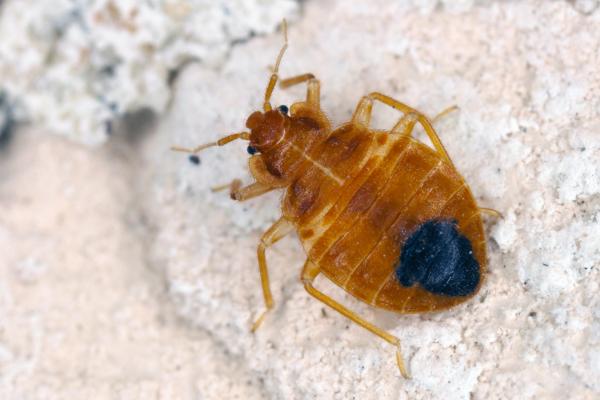
Originating in Asia, this stink bug has become a global pest damaging fruits and crops by sucking their juices, causing decay. When disturbed, it emits a strong unpleasant odor for defense, displaying a brown, mottled appearance.
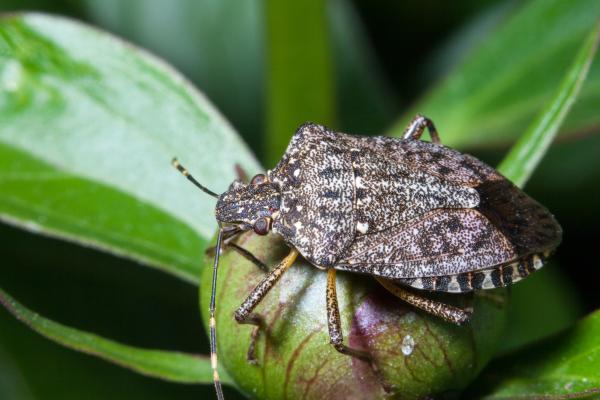
Another pest from the Pentatomidae family, this bright green bug originated in Africa but is now globally widespread. It severely affects legumes and other agricultural crops.
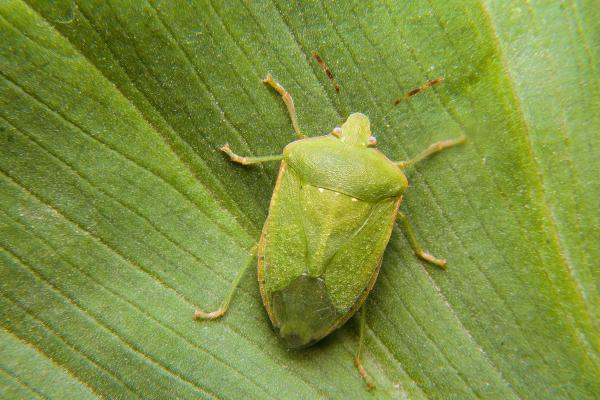
Known for its striking black body with vivid orange, white, red, or yellow markings, it primarily attacks cabbage, broccoli, cauliflower, and mustard, causing significant agricultural damage.
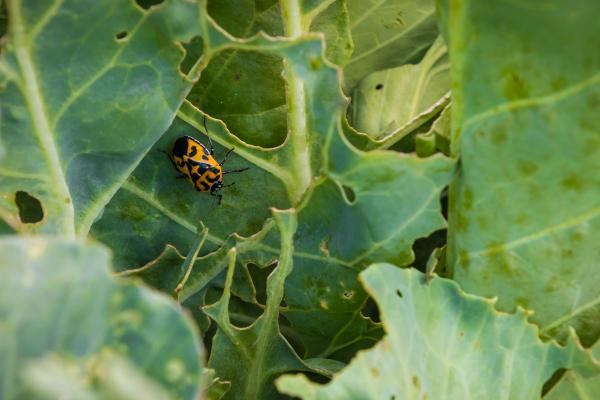
This predatory bug is known as a biological pest control agent, hunting aphids, beetles, cockroaches, and ants. Juveniles feed on plant juices, while adults prey actively, using a sticky secretion on their legs to capture insects effectively.
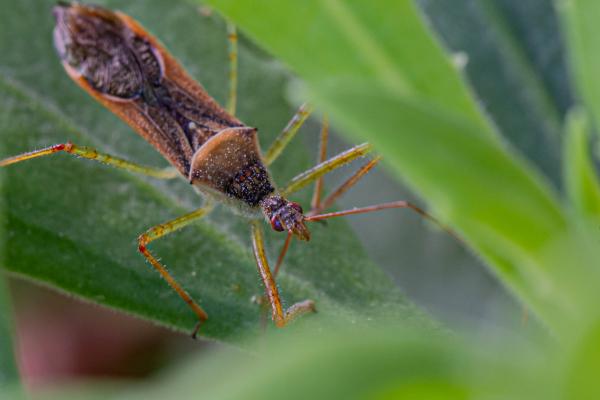
Commonly known as "vinchuca," this bug transmits Chagas disease in South America. It infects victims by defecating near bite wounds, allowing the parasite Trypanosoma cruzi to enter and damage the heart, digestive, and nervous systems.
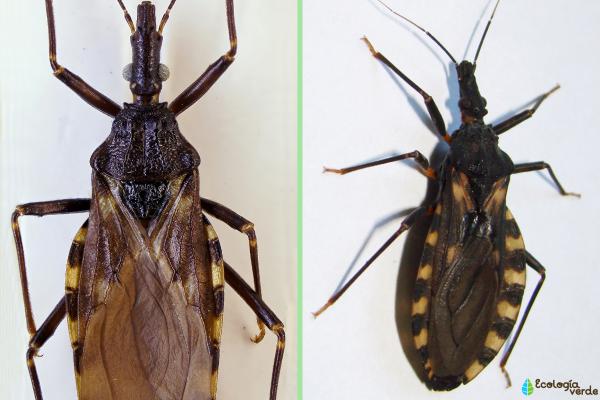
Similar to the previous species, but distributed further north, extending through Central America. It is also a major vector of Chagas disease, posing serious public health threats.
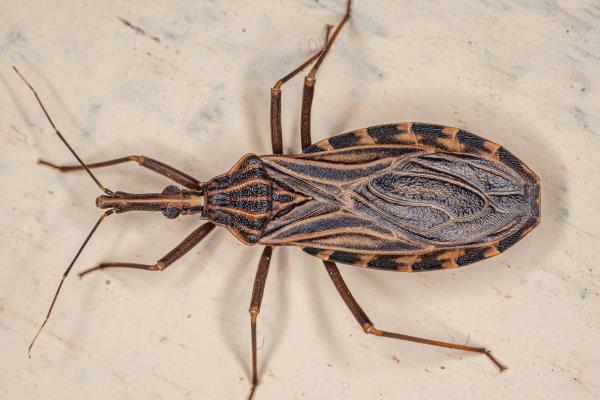
This bug preys on small arthropods and does not feed on human blood. Nymphs disguise themselves by sticking dust to their bodies, enhancing camouflage. They might bite humans defensively but do not spread diseases.
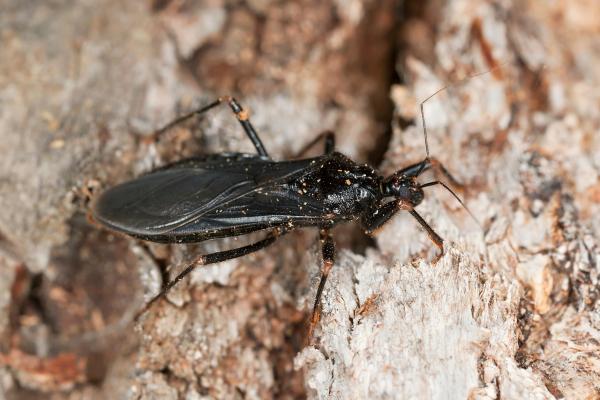
Native to India and neighboring regions, this bug changes appearance to match its surroundings. It preys on beetles, termites, moth larvae, and also damages crops like tea and cotton, mainly active at dusk and dawn.
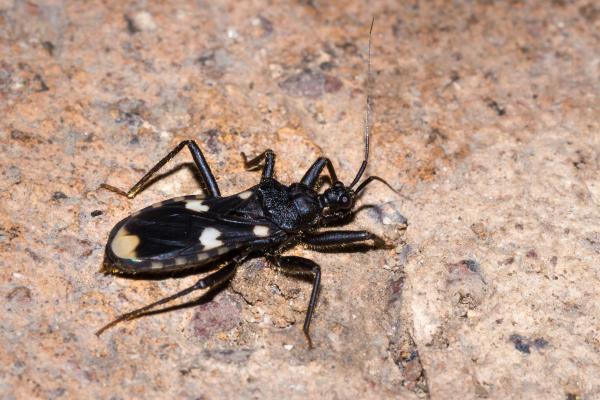
Understanding these bugs' behaviors and traits is essential for effective pest control and health protection. Employing biological controls and proper hygiene practices can mitigate the risks posed by harmful bugs, safeguarding human health and agriculture.
animal tags: bedbug
We created this article in conjunction with AI technology, then made sure it was fact-checked and edited by a Animals Top editor.